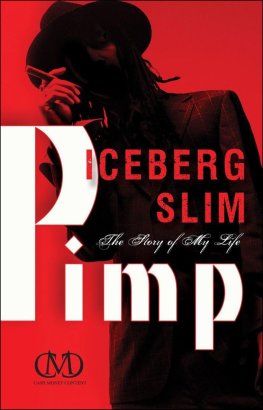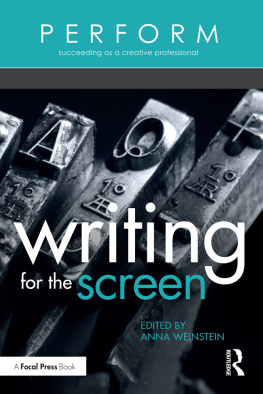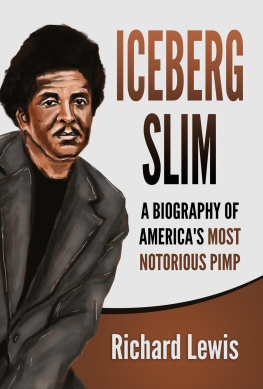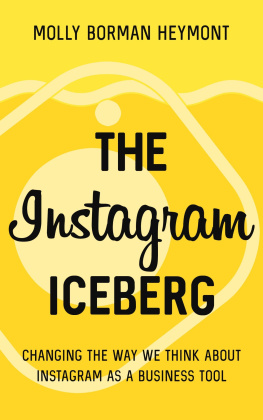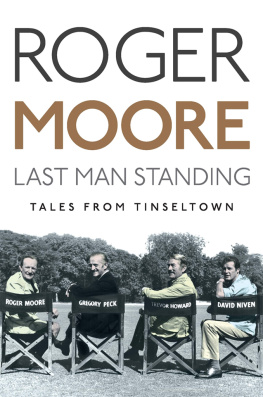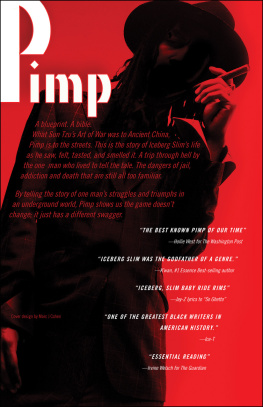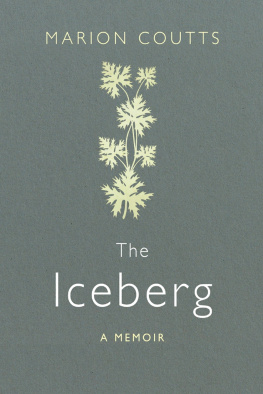
First published in 2017 by Oberon Books Ltd
521 Caledonian Road, London N7 9RH
Tel: +44 (0) 20 7607 3637 / Fax: +44 (0) 20 7607 3629
e-mail:
www.oberonbooks.com
Copyright Ron Hutchinson, 2017
Ron Hutchinson is hereby identified as author of this work in accordance with section 77 of the Copyright, Designs and Patents Act 1988. The author has asserted their moral rights.
You may not copy, store, distribute, transmit, reproduce or otherwise make available this publication (or any part of it) in any form, or binding or by any means (print, electronic, digital, optical, mechanical, photocopying, recording or otherwise), without the prior written permission of the publisher. Any person who does any unauthorized act in relation to this publication may be liable to criminal prosecution and civil claims for damages.
A catalogue record for this book is available from the British Library.
PB ISBN: 978-1-78682-220-8
E ISBN: 978-1-78682-221-5
Printed and bound by 4EDGE Limited, Hockley, Essex, UK.
eBook conversion by CPI Group (UK) Ltd, Croydon, CR0 4YY.
Visit www.oberonbooks.com to read more about all our books and to buy them. You will also find features, author interviews and news of any author events, and you can sign up for e-newsletters so that youre always first to hear about our new releases.
F OR A LISA
PREFACE
R on Hutchinson is a funny man. I dont mean weird funny, although he is a little weird, I mean Funny! Laugh out loud funny, slap the table funny, summon your wife into the room and say, Read this! The hell with the bacon, Read This Right Now funny. He has written a book, Clinging To The Iceberg , or is it two books, one about his life and his work, and and the other, an instruction manual, of sorts, How To Write For And Sell To Hollywood , and they are both falling-down funny. And smart, strong, unflinching analyses of the movie and television industries, and their desperate and eternal need for Material! Writing! Good writing, bad writing, junk, genius, ridiculous day-time soap opera shit, or powerful, and important, art-house or prime-time pieces of, dare I say it, Art? Mr. Hutchinson knows both of these categories well. But Ron is a good writer. He is, in fact, a great writer. A serious, prize-winning writer. He has written several important plays, two of which I was privileged to be a part of, all of which were gratefully received by audiences and critics alike. Inevitably, Rons uproarious, powerful and dark creations were discovered by Hollywood, and he was bundled off to La La land, to money, and the Palm restaurant, and chauffered Town Cars, and money, and tailored Italian suits (I swear, I met him for dinner once, and he was wearing one, he looked great, too) and did I mention the money? Ron discovered, or was discovered by, the exotic, mink-lined sweatshop called Re-write Land, and he was a natural for it. Ron possesses a powerful, searching curiosity, and he loves to study and analyze, and then write about whatever subject the ailing script explores. In a week, or two, he invariably knows as much about the subject as the credited writer, or more, and his fixes make the material whole again, and usually better. And the money is great. Ridiculous, in fact, but when you consider that a substantial amount of money has already bled out on the project, a tightly-written, imaginative tourniquet, conceived and applied by Doctor Hutchinson, makes perfect sense. Hollywood sense, which should not be confused with sensible sense. Anyway, these two books, or one book with multiple personalities must be read. They are drop dead funny, and smart as hell, and important, if you really want to be a writer, and really important if you just want to have a good time. Let me finish with a couple of good quotes from the man himself. Hors doevres, so to speak, not to spoil the banquet Mr. Hutchinson has provided, but to stimulate your appetite for more.
True creativity lies on the borderline between chaos and discipline. Too much chaos and the thing will never cohere. Too much discipline and the juice is squeezed out of it.
Dont write about what you know. Write about who you are. The first is journalism. The second, art. And thats the fish were frying.
Brian Dennehy, 2017
INTRODUCTION
M ost of what you think you know about how movies and television get made is wrong. Pretty much all the advice youll find in screenwriting manuals is useless except as a tool for analyzing other peoples scripts. The majority of those whove authored those texts have had few or zero projects produced.
Even those that have ignore the central role the subconscious has in the daily life of a working writer. They cant tell you of the craziness of the production process because theyve never been involved in it. They cant tell you of the inner journey of the writers life because theyve never walked it.
Dont get me wrong. They have their uses, if what youre looking for is a way to talk about the movies youve just seen. As a practical guide to writing your own script, not so much. Its the difference between sitting in the bleachers analyzing the play and being on the field.
Statistics show that most exercise equipment is used once and left in the attic to gather dust. Id guess thats the fate of most How To screenwriting books, with their bullet points, lists and numbered rules. There are a few of those here but theyre signposts to performing the act of writing, not deconstructing that of others.
When I taught at the American Film Institute I sent students who used any phrase taken from a screenwriting manual out of the room for five minutes. When the pieces of the script theyd taken apart were lying on the garage floor, they were still no nearer to creating their own original work.
What the manuals lack in addition to practical help is passion. That comes from the gut and the heart and the subconscious. To write anything of meaning that has your own mark on it you need to harness those in the service of your passion. This book can help you do that. If it doesnt, toss it into the attic along with the stationary rowing equipment and Six Pack Abs in Five Minutes a Day machine.
*
Ive won an Emmy, had several Emmy nominations and won many other awards for writing for the screen and the stage; had over two hundred hours of drama and comedy produced internationally; made a good living in Hollywood and even managed to make several million dollars from one of my stage plays. When I taught at the AFI I was concerned that my students should aim for the only writing awards that matter, the ones with money attached.
As well as tales of Marlon Brando, David Hockney and Elizabeth Taylor youll find Borges, Thomas Mann, Hegel and Nabokov in here, too. Plus a team of academic economists whose work also offers surprising insights into writing screenplays, coping with the demands of production and staying emotionally and mentally intact as your career progresses.
*
When I decided to go to Hollywood to work, an eminent British television producer wished me bon voyage with the cheering words It wont work out for you. It never does when Brit writers go there. Nobody will care that you were Writer-In-Residence at the Royal Shakespeare Theatre or all the rest of it. Youll be back with your tail between your legs inside two years.
This prophecy seemed to be confirmed when my taxi driver at LAX turned out to be a morose Scot is there any other kind? who had come to LA to direct. It clearly hadnt worked out for him in what he called, as I fumbled for the fare in complete depression, a gold-lined sewer.


